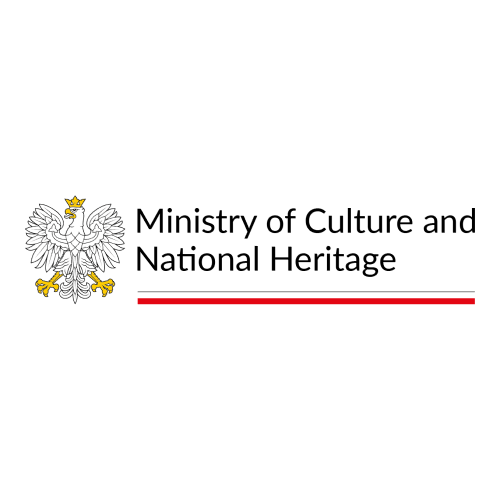Exodus/Flights-Harnasie
Wojciech Kilar, Karol Szymanowski / Anna Hop, Izadora Weiss
Ballet evening in two parts
Exodus (world premiere)
Ballet in one act
Conception and choreography: Anna Hop
Music: Wojciech Kilar (Exodus, Piano Concerto No. 2: movements 1 & 3, Bogurodzica)
Flights-Harnasie (world premiere)
Ballet in one act
Libretto: Izadora Weiss inspired by a vignette from Olga Tokarczuk's Flights and Karol Szymanowski's libretto
Staging and choreography: Izadora Weiss
Music: Karol Szymanowski (Symphony No. 4: movements 1 & 2, Harnasie)
World premiere: 13 November 2021, Polish National Ballet
What brings the two parts of the ballet double bill, Anna Hop’s Exodus and Izadora Weiss's Flights-Harnasie, is Polish music (Wojciech Kilar, Karol Szymanowski) and the motif of movement, travel, and searching for your place.
Anna Hop drew inspiration from Wojciech Kilar’s music, in participle his vocal-instrumental Exodus (1981) that draws on the Biblical story of the Israelites’ departure from Egypt. The choreographer had used Kilar’s music before in her 2014 piece Moving To… created as part of the Recognising Through Dance project.
The idea for Exodus blossomed in her mind into a monumental choreography philosophically exploring fate that decides the course of human life. The artist imagines it as a vicious circle of the same mistakes committed for millenniums by the human kind unable to set free from the trap of repetitiveness.
The production’s protagonist is a collective – the show features a few dozen dancers as well as the Chorus and Orchestra of the Polish National Opera. The choreography is inspired by flights of insects, birds moving around in close-knit groups, and people living in clusters. In its visual aspect, the piece draws on the 'crush art' works of Bogusław Lustyk and Krzysztof Kieślowski’s The Decalogue set against the backdrop of the human termitarium of an austere high-rise housing project.
Titled The Book of Exodus, part one is set to Exodus and explores on the theme of journey, looking for one’s place, as well as the power of the community. Part two, The Book of Deuteronomy, draws on Piano Concerto No. 2 (Largo funebre and Larghetto riflessivo), and focuses on individuals and human weaknesses as a result of which our kind makes itself miserable. In part three, The Book of Downfall, which is danced to Bogurodzica, we witness the downfall of men caused by their own mistakes. Anna Hop wants her audiences to ask themselves: what is going to be left after we are gone? What will be the legacy of subsequent generations of humans and what will their successors do with it? Can human kind break the pattern of the same self-destructive errors?
The dramaturgy of Izadora Weiss’s Flights-Harnasie is based on an audacious combination of Olga Tokarczuk’s prose and Karol Szymanowski’s music. Weiss, who also designed costumes for the piece, brings together the Flights vignette from Tokarczuk’s Man Booker Prize winning novel under the same title, Szymanowski’s Symphony No. 4 (Symphonie concertante) and his Harnasie, taking into account the ballet's plot structure.
Who were ‘flights’ and where did they come from? Originally, they emerged from a schism within the Eastern Orthodox Church, subsequently, they separated themselves from the rest of Old Believers, who incidentally were mercilessly targeted by the tsar. Bieguni as they are known in Polish, or strannicy in Russian, did not recognise any earthly authority – neither the Church, nor the tsar – and lived outside of the social structure. They did not settle or gather material possessions, believing that the world is inherently evil which can only be escaped by constant movement and travel. Tokarczuk’s novel identifies the same tension today, as we compulsively travel, striving to beat the limitations of time and space. ‘Nobody could give a better expression to the idea than dancers, who spend their life domesticating evil through constant movement,’ notices Weiss. And this leads us to Harnasie. Harnaś (plural: harnasie) is a term of Hungarian and Slovak origin used to denote the leader of highland robbers, outsiders living beyond good and evil, according to their own codes. Szymanowski wrote the ballet fascinated by the wild and free nature of the people of the mountains and the primal energy of male dance.
Weiss’s female lead, Annuszka, is greatly attracted to Flights-Harnasie. She is feels oppressed by the constraints imposed by her family and community. She senses that to be fully human, you need to come face to face with freedom. As a result of her spiritual transformation, she fills the empty vessel of social conventions with vitalising substance, greatly helped by Husband. In the process of her personal growth, Annuszka is guided by Galina, a personification of female liberation.
-
Time is measured by
-

Cast
Credits
Polish National Ballet
Orchestra of the Polish National Opera
Sponsors
-
Partnerzy Akademii Operowej
-
Partnerzy Teatru Wielkiego - Opery Narodowej
-
Partner Polskiego Baletu Narodowego
-
Partner technologiczny
-
Patroni medialni
-
Partners of the Opera Academy
-
Partners of Teatr Wielki – Polish National Opera
-
Partner of the Polish National Ballet
-
Technological partner
-
Media patrons






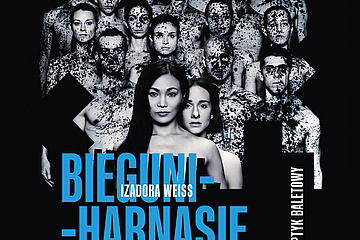
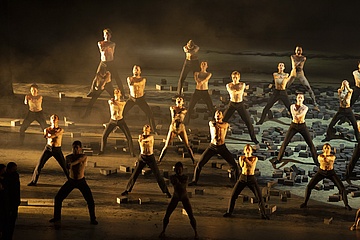
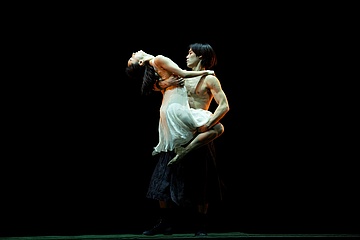
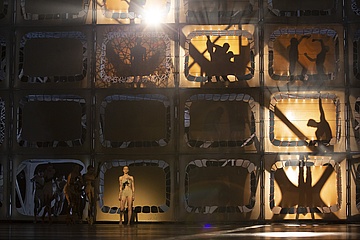
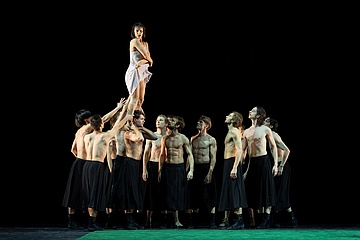
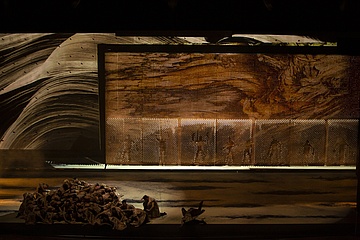
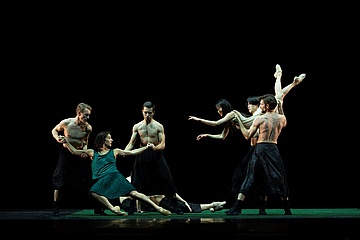

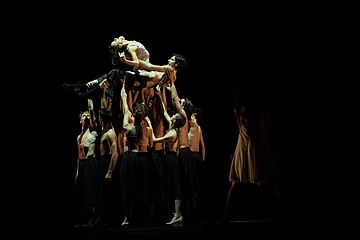
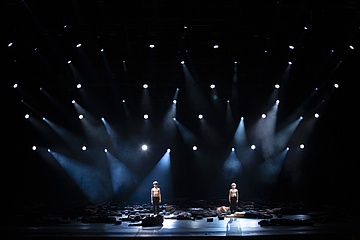
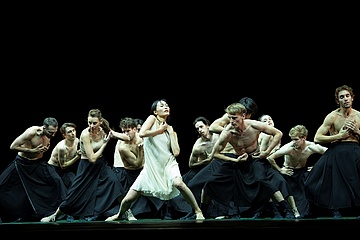
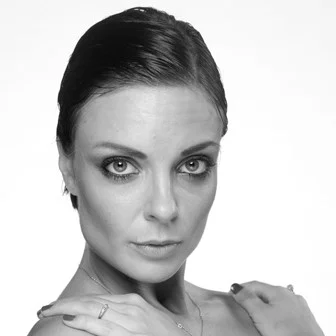 Marta Fiedler
Marta Fiedler  Paweł Koncewoj
Paweł Koncewoj ![[Translate to English:]](/fileadmin/import/uploads/tx_news/Carlos_Martin_Perez_new_02.jpg) Carlos Martín Pérez
Carlos Martín Pérez 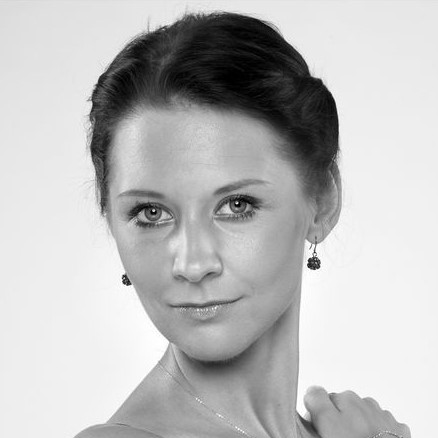 Aneta Zbrzeźniak
Aneta Zbrzeźniak  Karolina Kiermut
Karolina Kiermut  Adam Myśliński
Adam Myśliński  Marco Esposito
Marco Esposito  Kristóf Szabó
Kristóf Szabó  Yume Okano
Yume Okano  Cezary Wąsik
Cezary Wąsik ![[Translate to English:]](/fileadmin/import/media/img/ludzie/tancerze/medium/JAEEUN_JUNG_2024_-_kwadrat.jpg) Jaeeun Jung
Jaeeun Jung  Natalia Pasiut
Natalia Pasiut ![[Translate to English:]](/fileadmin/import/media/img/ludzie/tancerze/ryota_kitai_2024_-_kwadrat2.jpg) Ryota Kitai
Ryota Kitai  Zbigniew Malak
Zbigniew Malak 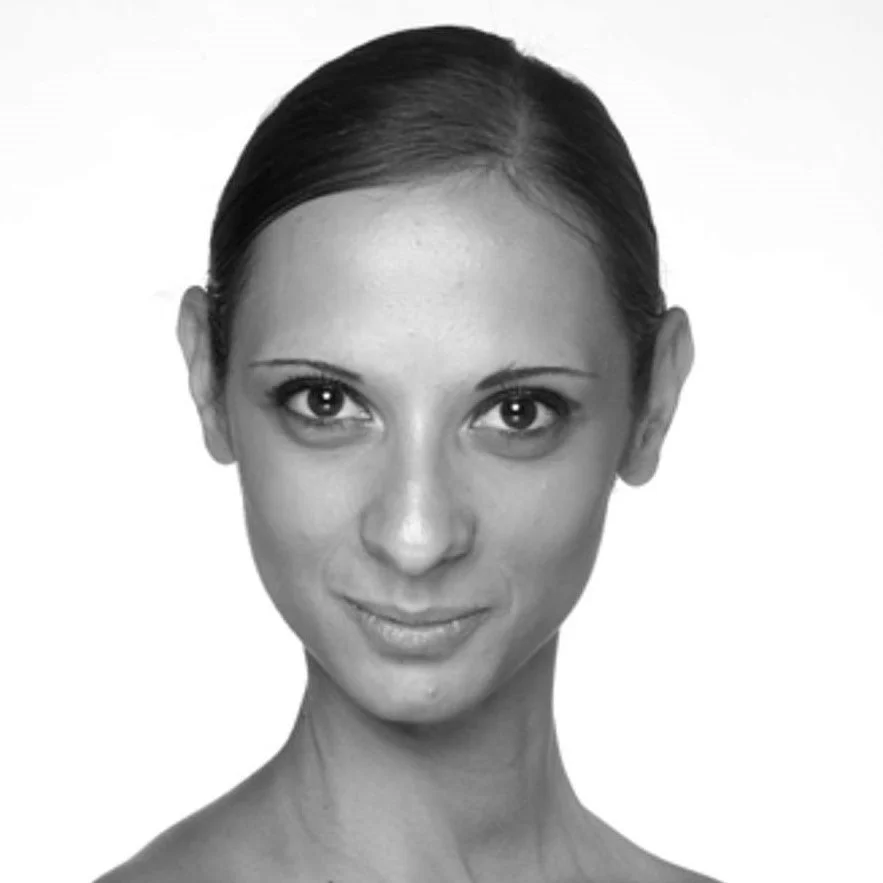 Ana Kipshidze
Ana Kipshidze ![[Translate to English:]](/fileadmin/_processed_/4/7/csm_eliza_walaszczyk_2022_01_5c8716f7c1.jpg) Eliza Walaszczyk
Eliza Walaszczyk ![[Translate to English:] Maksim Woitiul](/fileadmin/_processed_/3/c/csm_maksim_woitiul_www_mini_45f943f354.jpg) Maksim Woitiul
Maksim Woitiul  Kilian Smith
Kilian Smith  Barbara Derleta
Barbara Derleta  Adam Kozal
Adam Kozal  Nikola Dworecka
Nikola Dworecka![[Translate to English:]](/fileadmin/_processed_/0/d/csm_YANA_SHTANGEI_2025_2_586ab0cef6.jpg) Yana Shtanhei
Yana Shtanhei![[Translate to English:] Anna Hop](/fileadmin/_processed_/d/8/csm_Anna_Hop__fot._Georg_Van_Der_Weyden_-_kwadrat_9edaead55d.jpg) Anna Hop
Anna Hop ![[Translate to English:] Izadora Weiss](/fileadmin/_processed_/1/f/csm_Izadora_Weiss_mini_2abf45c540.jpg) Izadora Weiss
Izadora Weiss  Piotr Sałajczyk
Piotr Sałajczyk ![[Translate to English:]](/fileadmin/import/media/img/ludzie/dyrekcja/mini/szablowska_mini.jpg) Małgorzata Szabłowska
Małgorzata Szabłowska  Katarzyna Sobańska & Marcel Sławiński
Katarzyna Sobańska & Marcel Sławiński  Bartek Macias
Bartek Macias  Bogumił Palewicz
Bogumił Palewicz ![[Translate to English:]](/fileadmin/_processed_/b/4/csm_Marta_Kluczynska_fot_karpati_zarewicz_kwadrat_fde347331b.jpg) Marta Kluczyńska
Marta Kluczyńska 





